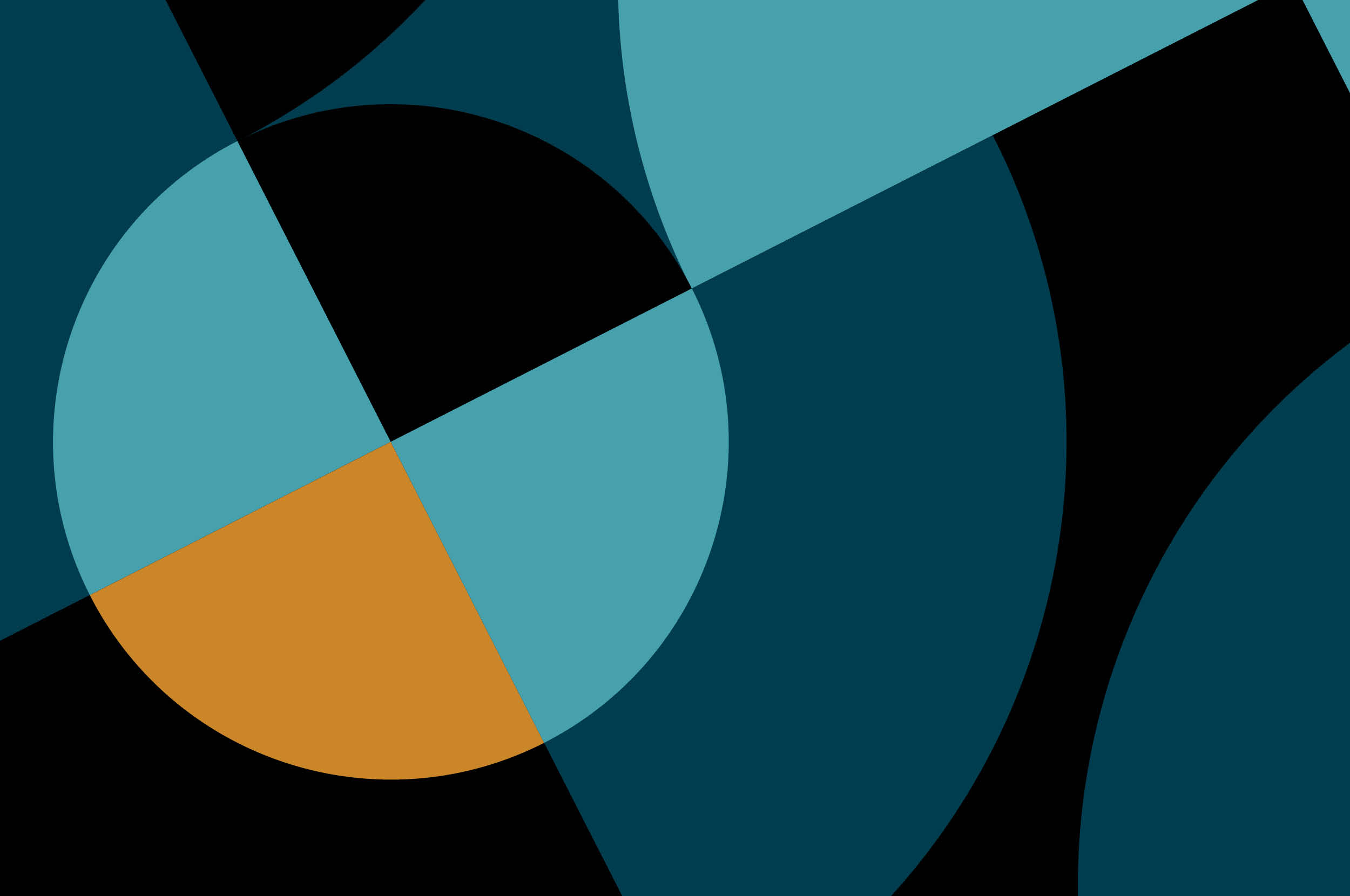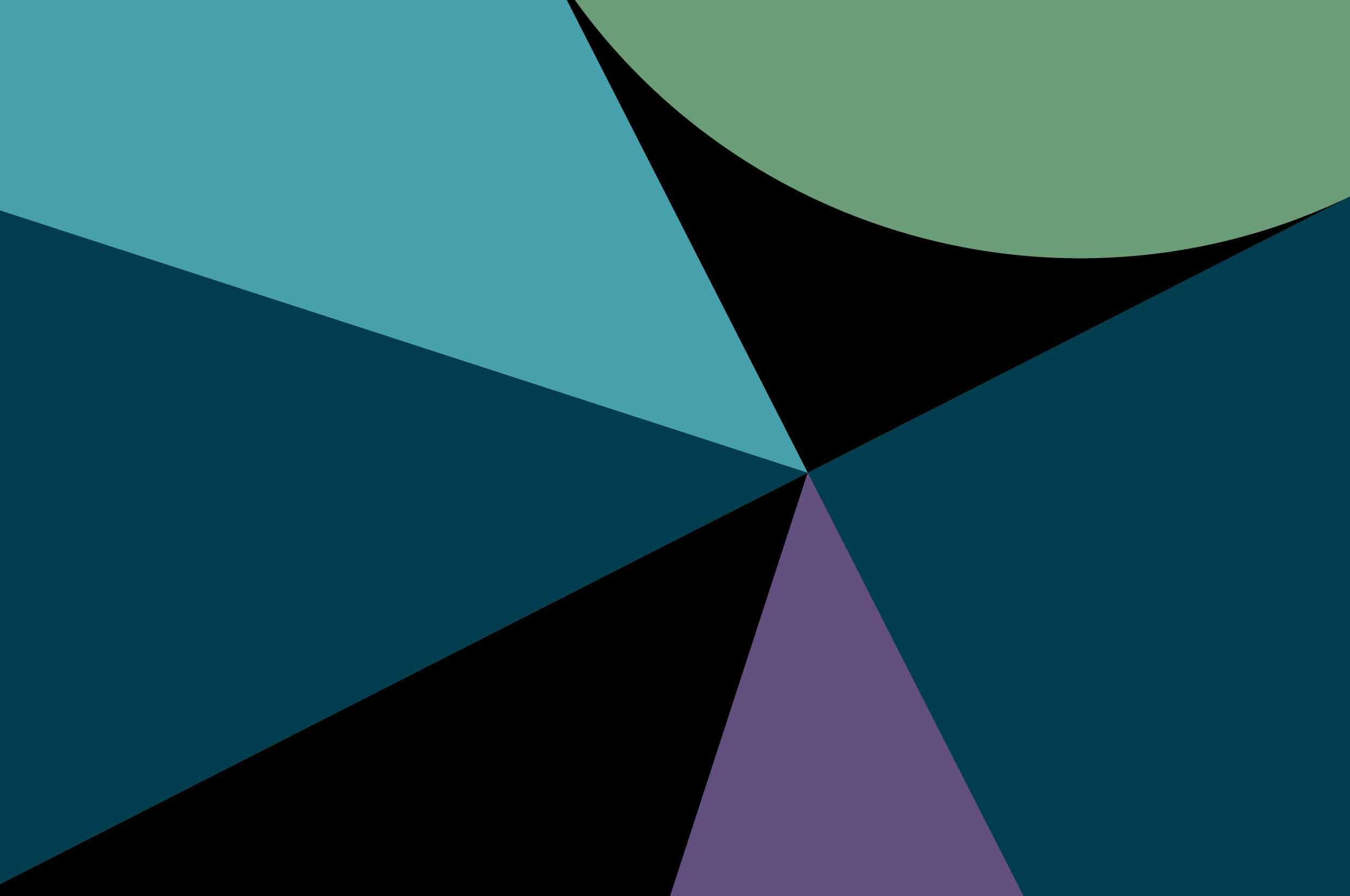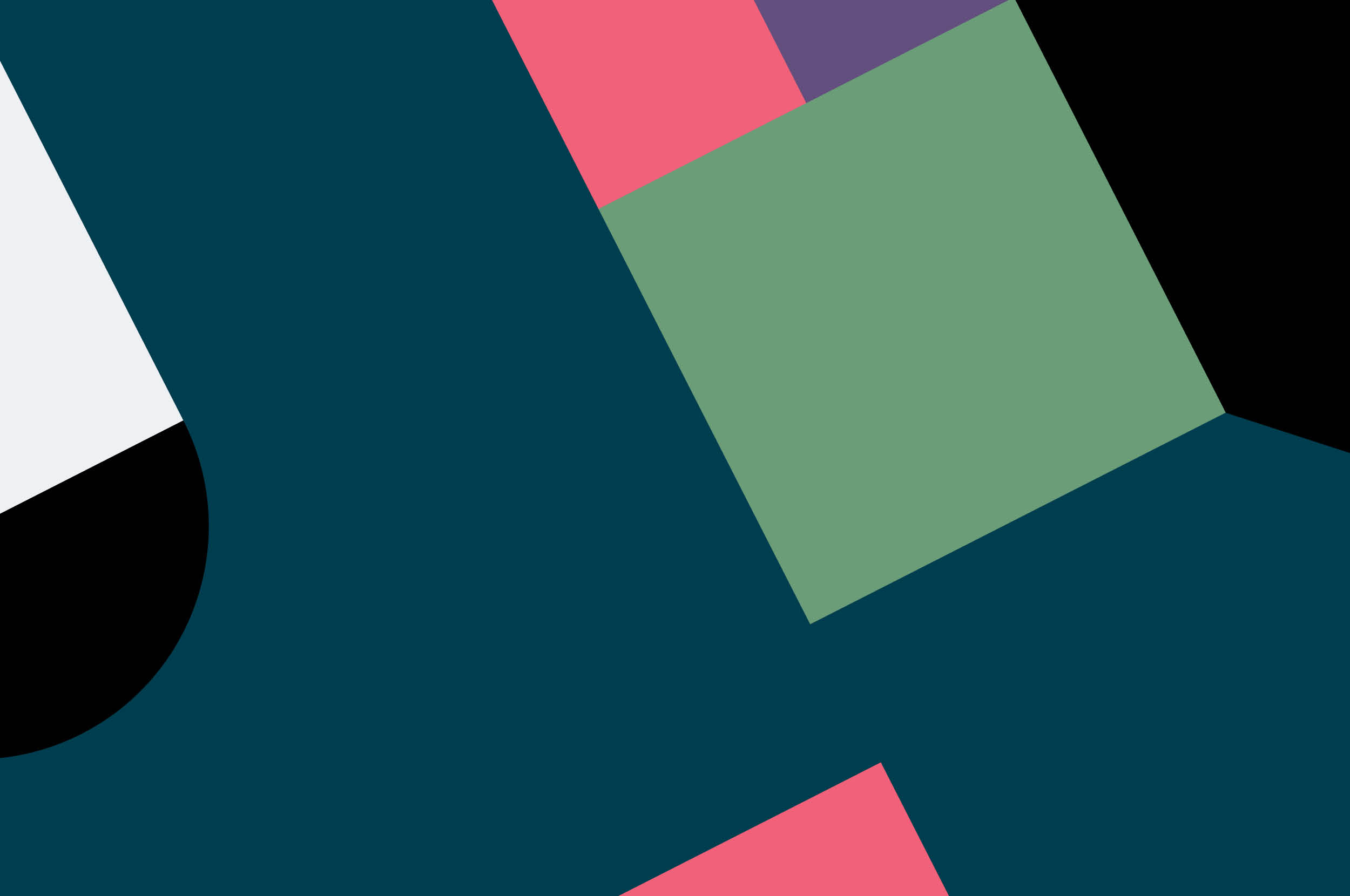Graduates
[Episode 4] A day in the life of a Thoughtworks' Graduate Developer: Safira Nugroho





Disclaimer: The statements and opinions expressed in this article are those of the author(s) and do not necessarily reflect the positions of Thoughtworks.



